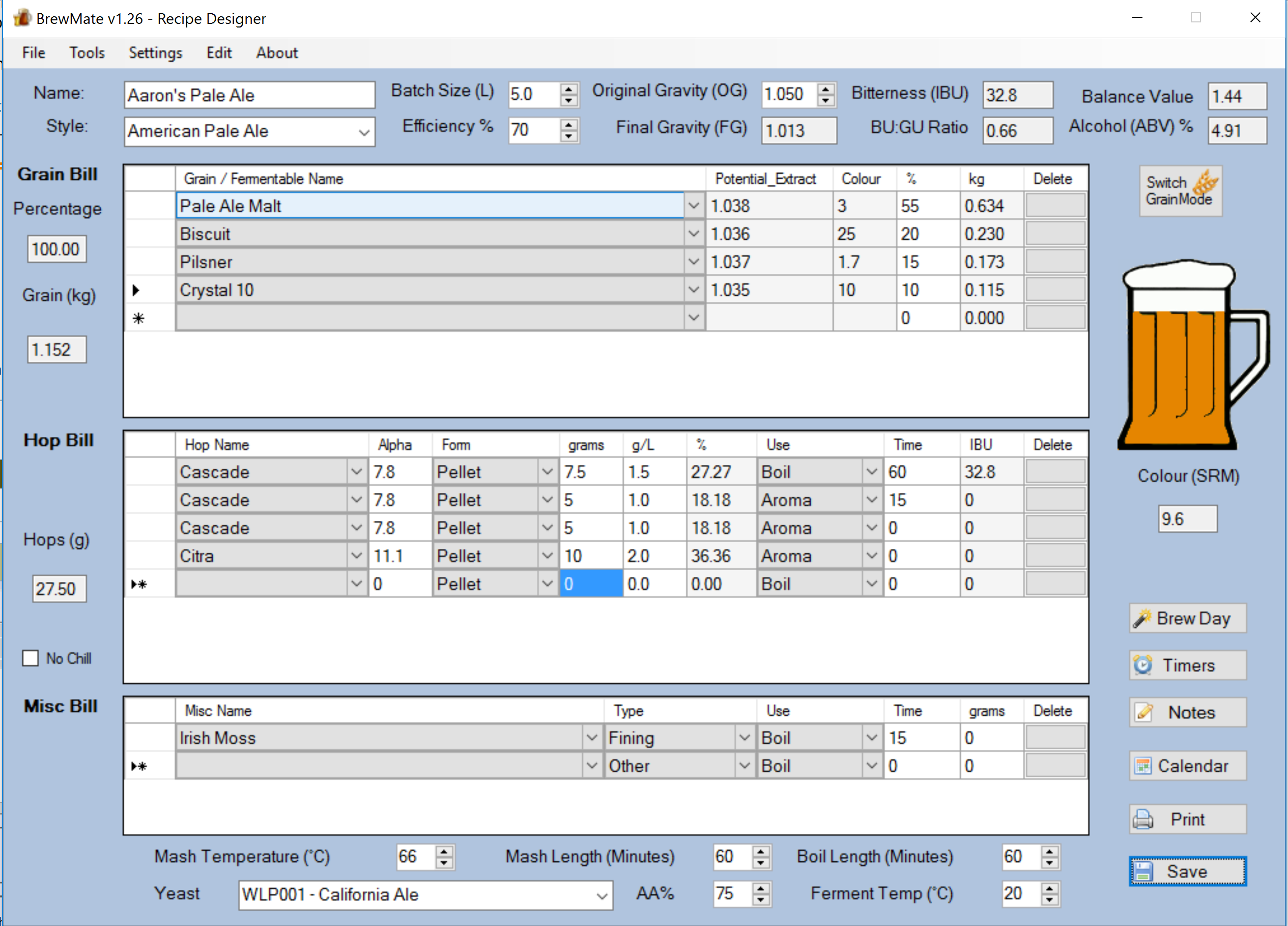Cheer guys, this is Pedro from Brazil. I recently found out about Ubrew and got quite curious about their model, it seems like something that could really work in big urban centers, where space to store equipment could be a problem (and it does seem to have worked for them, as their crowdfunding was over-subscribed).
I've tried to reach them to try to get some more specifics on their operation but wasn't successful - no replies by either phone or email or facebook page. Visiting London right now not being an option, maybe you could help me with some info, if it's not too much of a bother?
- I was under the impression that when you sign up for a membership you got a fermenter and then could use their brewhouse as often as you'd like - what makes sense, considering that fermentation is really the bottleneck of brewing. This way you also give total freedom to the members - whether you want to brew a couple of light, quick ales a month or a super high gravity brew that will need months of maturation, it's up to you. But from
@simon12 and
@jceg316 interaction in this thread it seems that you're able to brew as much as I'd like, what seems kinda crazy to me. I mean, how do they make sure they don't run out of available fermenters, and how do they stop someone from monopolizing the equipment?
- also I understand from a video on them that I saw in youtube that after brewing is done you put the fermenter in a walking-in cold room. I was wondering if there's also a maturation room? And what about a room for fermenting lagers? Or they just assume that no one is brewing lagers?
- what's a typical brewing there looks like? I mean, you brew your beer and then put it in the cold room to ferment. Then what? Do they follow the beer in any way, taking measurements and sending them to you, or it's totally up to each member? After active fermentation is done, do they move it to maturation, purge the yeast?
Thanks a lot for any info!
Pedro Dantas






 That makes me laugh so much because of how wrong it is on multiple levels. One reason I really like home brewing is because of how helpful and supportive the community is to each other. Even speaking to commercial brewers they are happy to help where they can (just short of giving away secret recipes). Trust Ubrew to say the opposite.
That makes me laugh so much because of how wrong it is on multiple levels. One reason I really like home brewing is because of how helpful and supportive the community is to each other. Even speaking to commercial brewers they are happy to help where they can (just short of giving away secret recipes). Trust Ubrew to say the opposite.

































